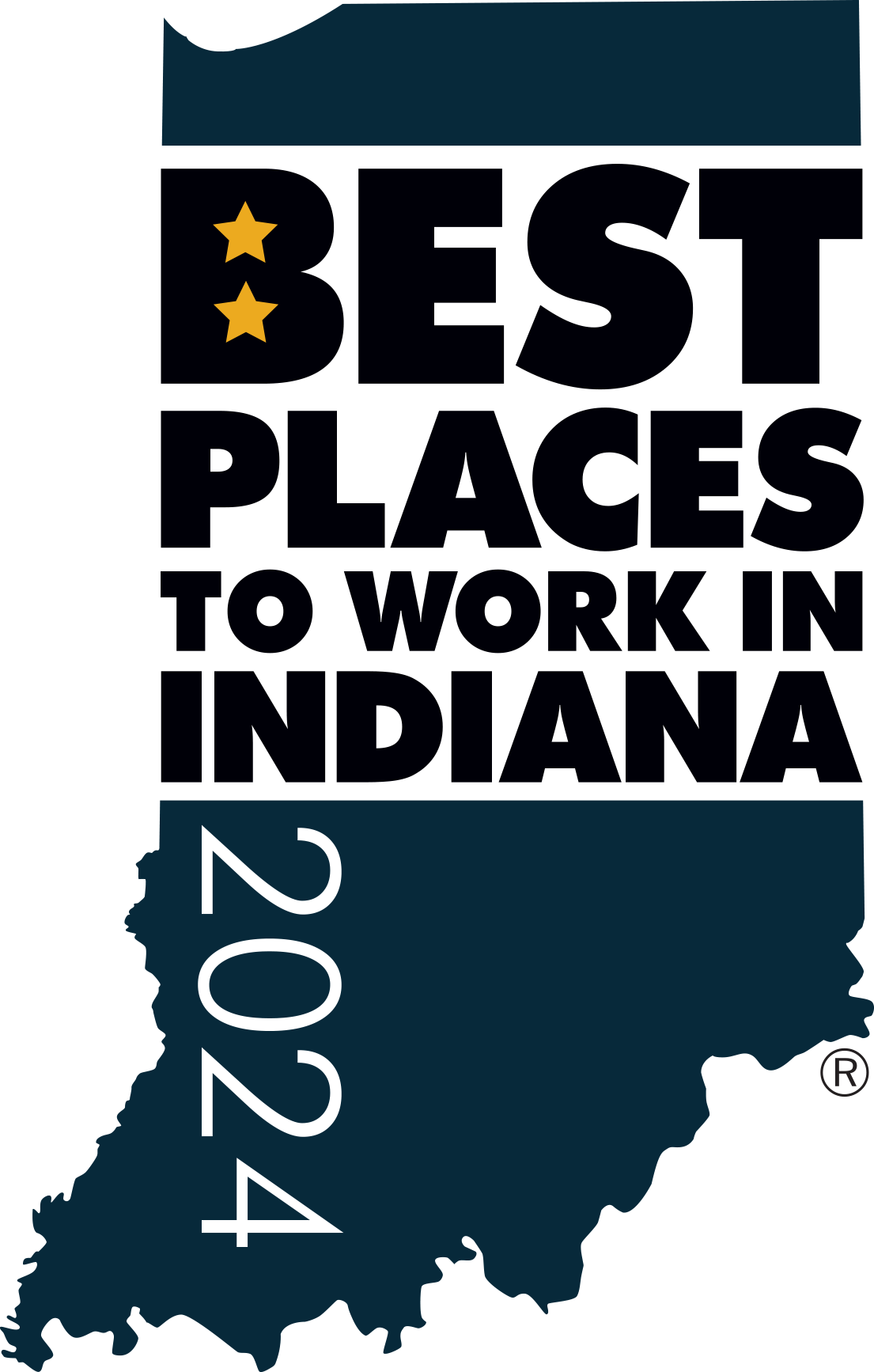Selecting People Who Make a Difference
On the surface, conducting an interview can seem like a simple enough task, yet it is one that few are formally trained to do – even when promoted into a role that involves the evaluation and acquisition of talent. Shake hands, make the prospect feel welcome, ask questions, answer questions, and evaluate the candidates. How do you make sure your questions lead you to the best possible individual for your role, as opposed to simply the one who presents the best in an interview?
Answer: you have to know what you are looking for before you ever have the opportunity to evaluate if you’ve found it.
Analysis of Past Success
Before you start searching for the perfect candidate, invest the time to evaluate individuals who previously held the position and were successful. What knowledge, skills, experience, and personal characteristics made them a success? Once you create a short list, make sure every individual involved in the hiring process agrees that these are the primary factors that need to be evaluated during the interviewing process. Think beyond the obvious descriptors of “hard working” and “leadership skills”. Examples include:
• Attentiveness: Demonstrates an ability to focus and avoid distractions.
• Emotional Intelligence: Able to identify, assess, and control the emotions of oneself, of others, and of groups.
• Innovative: Envisions new ideas either in reality or conceptual.
• Learner: Inherently seeks advanced skills, knowledge, or abilities.
• Initiative: Is resourceful and work well without micro-management.
• Pressure: Responds positively to deadlines, responsibility, and accountability.
• Sales Ability: Demonstrates a track record of influencing clients or buyers to a positive decision.
Purposeful Questioning
With multiple interviewers, there is tremendous value in creating a list of questions all geared towards understanding the same skill set. If each interviewer asks the candidate to describe their sales abilities, the candidate will feel as though they are simply experiencing the same interview multiple times. Instead, if each interviewer knows which questions to ask that approach the issue from slightly different perspectives, it can create diversity with the interviews but uniformity with the information gathered.
Once agreed upon by all individuals involved with the hiring decision, take the list of primary factors and create a selection of purposeful questions. Instead of letting natural conversation or generic questioning guide the dialogue, create specific questions geared towards an objective or objectives. As an example, if a primary factor of success in this role is a constant seeking of knowledge and learning, questions could include:
• How have you kept up with changing technology, ideas and products in your industry? How do you get your ideas?
• Describe a role where you were challenged to learn many new things at once. How did you accomplish this?
• What approach do you use to build new knowledge and skills?
• What were the limits of your authority in your role as (title/organization)? Can you share an example of what you did when you encountered a situation that fell outside these limits?
Interview Structure
Immediately starting an interview with an interrogation of screening questions is not advised; instead, conceptually picture the interview consisting of three segments. First, understand what is important to this individual and what is motivating them to consider your organization. Practice the 50/50 balance: talking versus listening; whoever talks the most feels the conversation has gone the best, so make sure it’s the interviewee. The second segment is the screen – ask questions designed to understand concrete information around those areas that are most essential to the hiring decision. Conclude with the third segment – the close – determine mutual interest and desired next steps.
Finding People Who Make a Difference®
Throughout our proprietary 32-Step Dimensional Search® process, Sanford Rose Associates® arms you with significant information designed to positively impact the selection process. Our search consultants provide you with insight into why the candidate is considering your organization, what initially sparked interest, and how you can capitalize on that interest during the interview process. For more than 50 years, Sanford Rose Associates® has been committed to “Finding people who make a difference®” for its clients. To learn more about strategies for effective interviewing techniques, please reach out to your Sanford Rose Associates® executive search consultant today.
—Karen Schmidt

